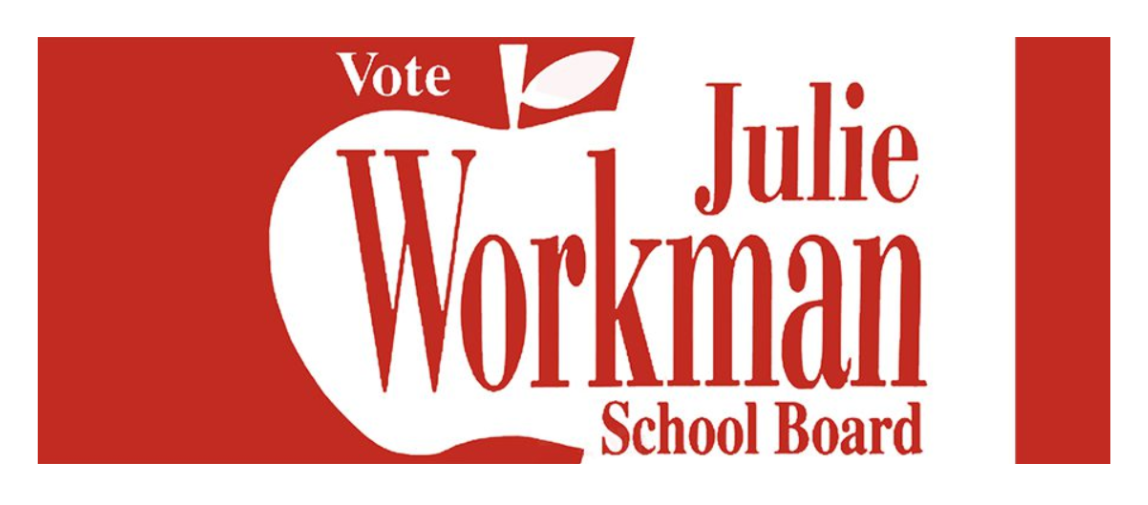Key Issues & Priorities
Since joining the Rochester School Board in 2011, I have tirelessly advocated for students, families, and educators to ensure success for all. As I prepare for my fourth election cycle in this role, I am focused on carrying out the RPS Strategic Action Plan 2022-2025, which includes:
Improving the safety and well-being of students and staff in Rochester Public Schools.
Mental health resources, including support staff and funding for services, are critical to student learning. The mental health of students and staff has been an ongoing concern, most notably during the 2021-22 school year. I know from 36 years of working as an educator in Rochester Public Schools, and well-documented research, that students with unresolved mental health concerns have difficulty learning and staff with unresolved mental health concerns have difficulty teaching.
As I enter my fourth term on the RPS school board, I am focused on implementing the Strategic Plan and its provisions for investing in the mental and emotional well-being of our school communities. These are vitally important investments in our children, our schools, and our communities as we learn and grow together.
Growing access to and participation in early childhood education.
I will continue advocating for preparing young children and their families for success in preschool and kindergarten. As I helped develop the Strategic Plan during this current term, it became clear that there are several critical barriers preventing young students from attending early childhood programs and reaping the benefits of play, emotional-social development alongside their peers, early exposure to books and to reading, and much more. From high childcare costs to unreliable transportation for low-income families, there are numerous areas in which Rochester families need more resources and support to ensure their children get educational engagement from a young age.
Beyond educational equity and community well-being, there is also substantial research indicating the value of investments in early childhood education; according to the First Five Years Fund, “early childhood education has at least a 4X-9X return on investment per dollar and not only benefits the health, education, and development of young children and supports parents currently, but also leads to increased earnings, employment, and safety in the future.”
I will spend my next term dedicated to the effective implementation of the objectives and resources outlined in the Strategic Plan to increase pre-K and kindergarten enrollments and ensure that children and families receive the support they need to stay in and be successful in these programs.
Transforming school-family engagement to nurture student success.
From 36 years as a teacher in Rochester Public Schools, I know how important it is for educators, staff, parents, and community members to openly communicate to help our young people be successful in and out of the classroom. Going into this new term, I will keep advocating for:
Open and proactive communication from teachers and school staff, particularly around academics and student mental health in our middle and high schools
Additional transparency about specific policies and processes that affect student success: discipline policies, curriculum and offerings, grading systems, school events, and how to correctly use Google Classroom/Skyward
Further information and navigation support for students and families to understand their options for college prep resources and courses offering both high school and postsecondary credit
Increasing the number and diversity of students who complete courses offering both high school and postsecondary credit.
As educators, we are honored to be tasked with preparing our young people for life after graduation. To ensure students are on track, our district creates and maintains a Graduate Profile that describes the characteristics of successful high school students who are ready to achieve their full potential and contribute to the broader community. We understand that students develop these traits and skills when they have trusting relationships with their peers and teachers, challenging coursework that encourages critical thinking, and opportunities to practice ethics, accountability, and creative problem solving.
Thus, I will continue creating policies and advocating for funding to help high school students take courses that grow their minds, develop their skills, and prepare them for postsecondary opportunities. This also includes recruiting diverse educators and staff to ensure all students are represented and feel heard in the classroom, are supported by equitable policies and practices, and are included in their learning spaces with a genuine sense of belonging.



